Cold War II? Not so fast: Analysis
The author says this is not a repeat of the Cold War. Not yet.
I received an email from a men’s clothing store recently informing me that "the clothes you loved in the 1980s are back and better than ever!"
I was a teenager in the ‘80s and I am not sure this is a good thing: all that big hair, big shoulders and neon spandex.
Still, there is certainly a scent of something familiar in the air these days, and it isn’t just high-street fashion or the revival of 80s-style synth and indie music.
It is not that there is another American president who is a former showbiz celebrity or that Britain once again has a female Prime Minister.
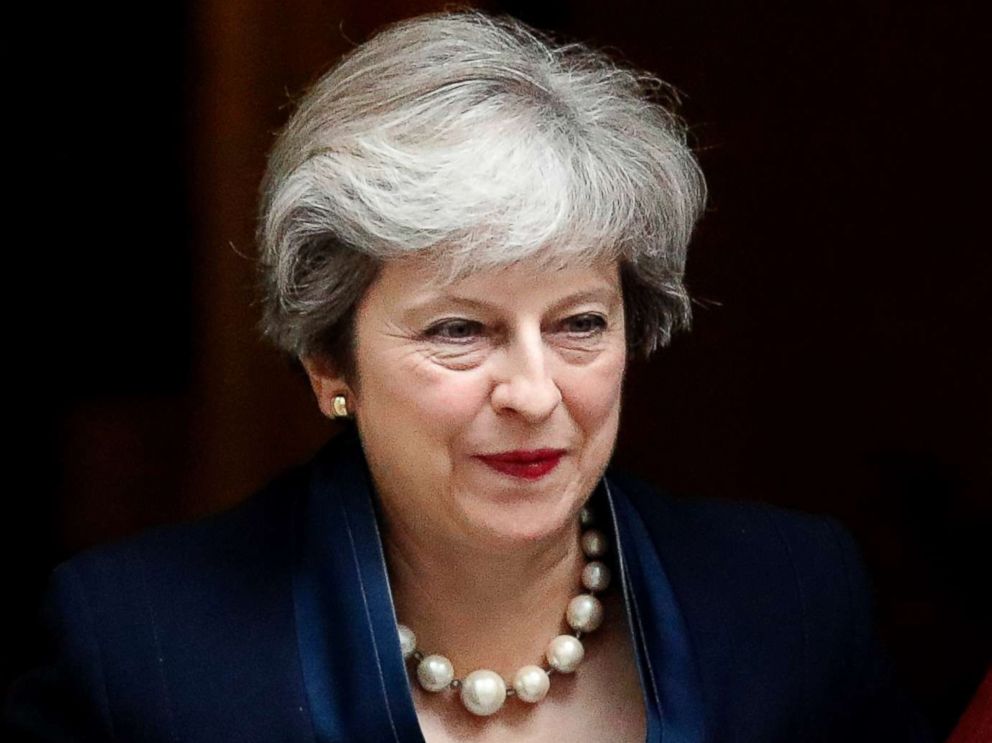
Nor is it the apparent fascination with the decade on screens big and small. Hit shows like "The Americans" and "Stranger Things" and movies like "Atomic Blonde" celebrate the lifestyle, the culture and sometimes the politics of the era.
No, it's none of these things. Instead, it is the uneasy feeling that an old acquaintance long since departed is back from the dead to haunt us and it’s on the front page of all the papers and on the lips of Britons and Russians alike: The Cold War.
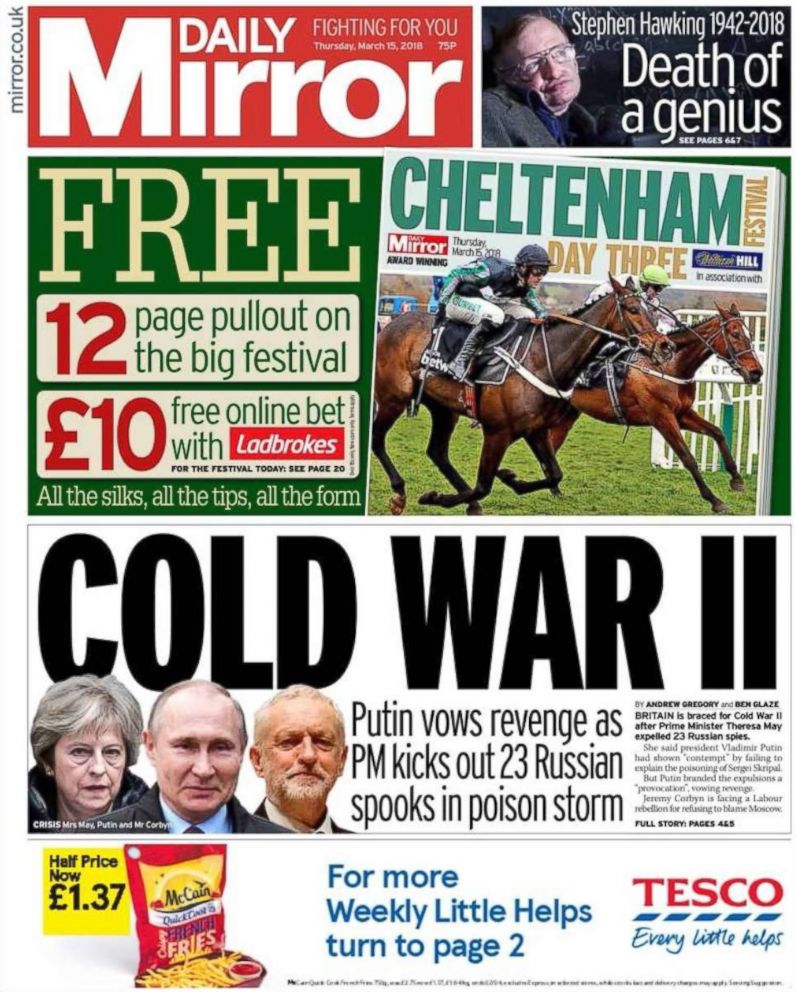
A Russian defector, his daughter and a British cop are all seriously ill and hospitalized after being poisoned. The UK, France, Germany and the United States say it was a military-grade nerve agent, the first attack of its kind in Europe since the end of World War II.
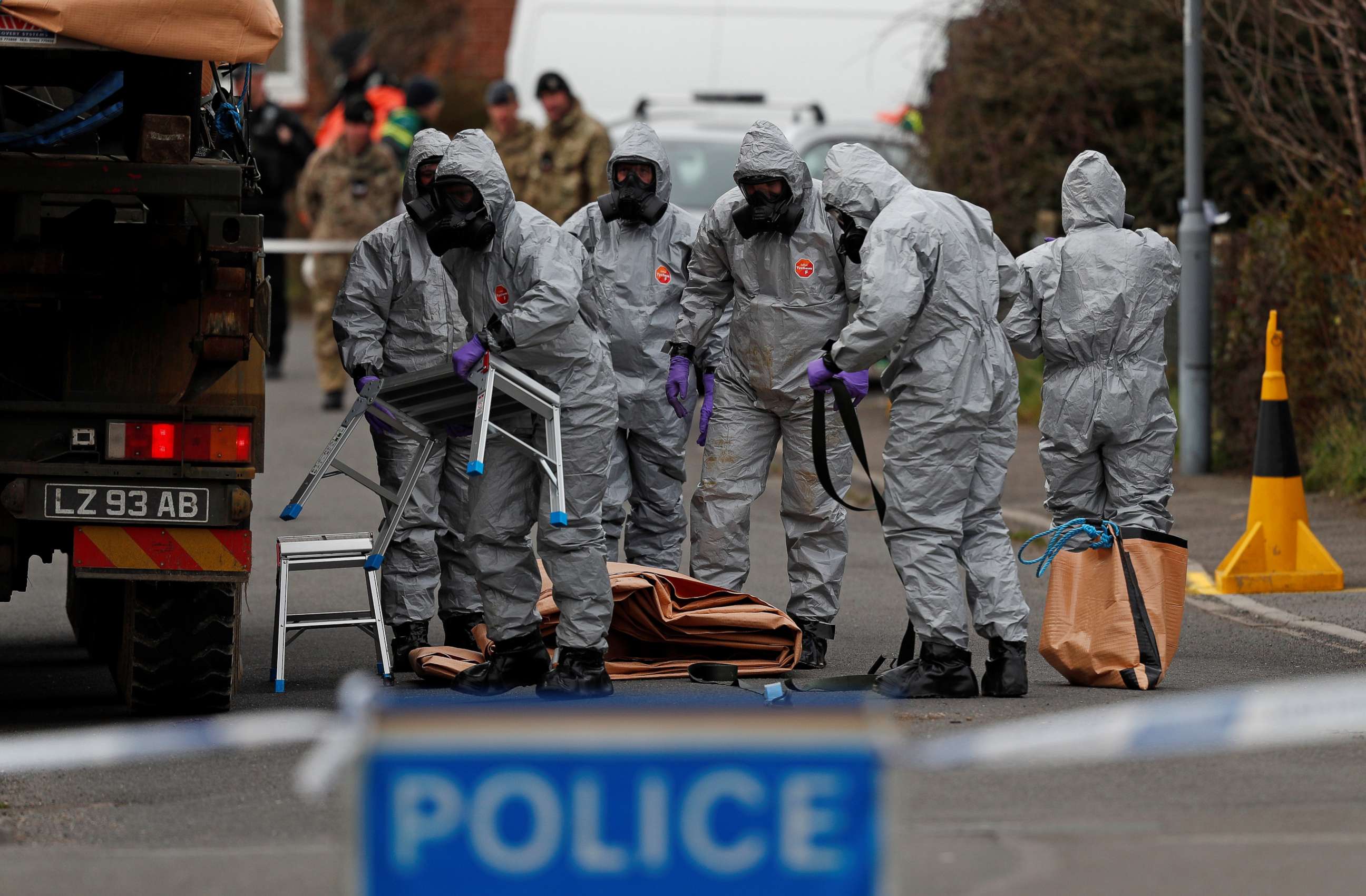
They have all said they share London's assessment that the only plausible explanation is that Russia was responsible.
Once again the West is aligned against the East. Accusations, insults and threats are thick in the air.
Sanctions and secret plans are being discussed and “diplomats” -- aka “intelligence officers” or spies -- are being expelled. Twenty-three Russian diplomats were booted out of the UK; the Russians, of course, had to respond and 23 UK diplomats are packing their bags and bidding farewell to the biting Russian winter.
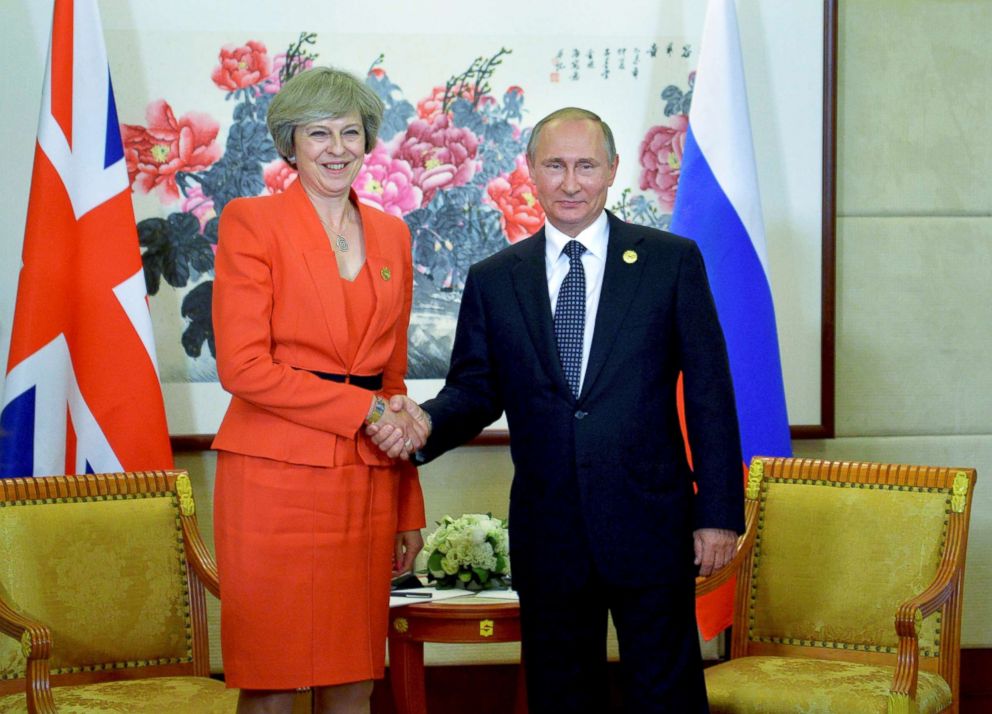
The Russian embassy to the UK has, despite its many critics, a certain creative flair rarely found in diplomatic circles.
We are, indeed, living in remarkable times.
However, we are emphatically not witnessing a rerun of the Cold War.
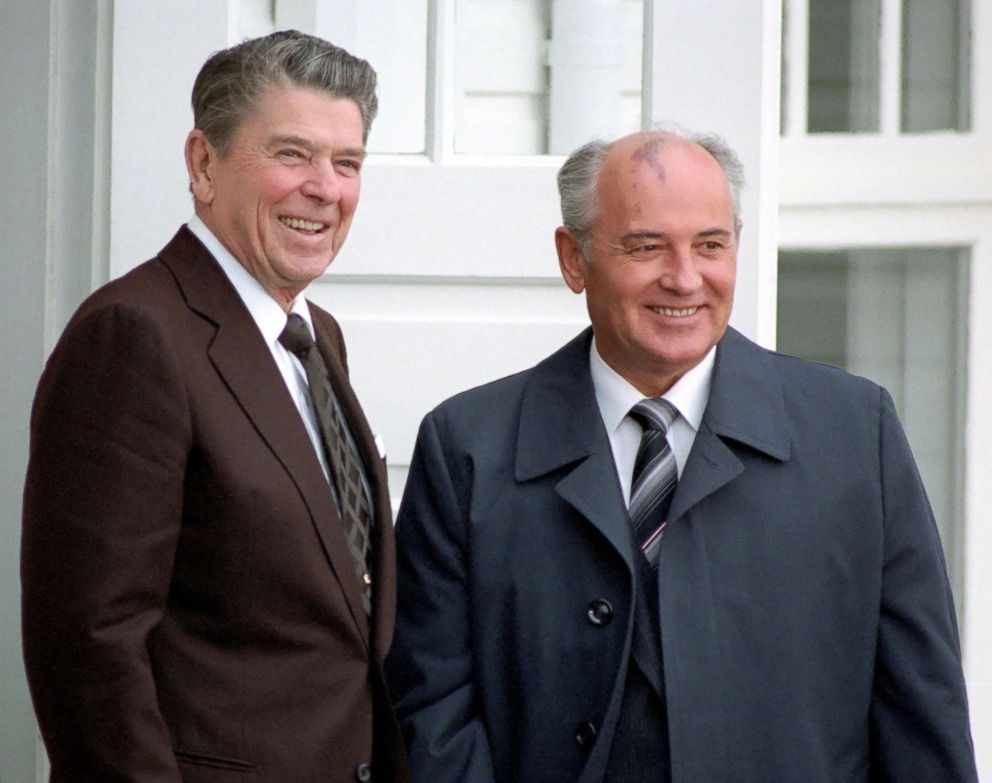
President Trump is not Ronald Reagan, especially when it comes to being tough on Russia. Theresa May is certainly no Maggie Thatcher -- she is the beleaguered leader of a party that only just clings on to power.
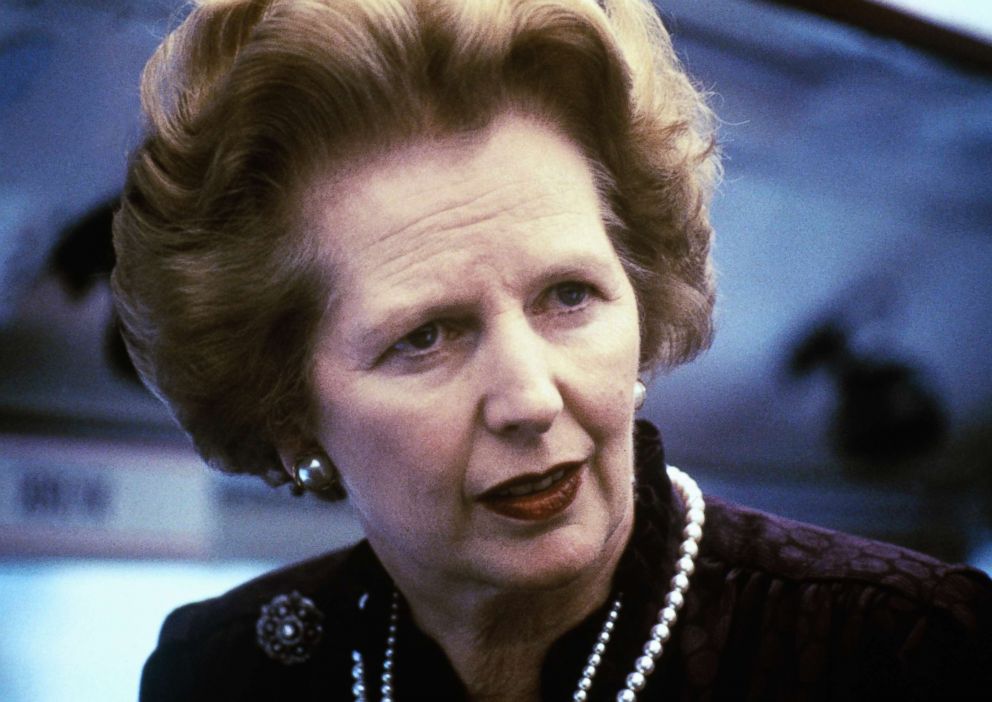
And Vladimir Putin is no Mikhail Gorbachev, either -- he is far more popular and powerful. Incidentally, the Russian presidential elections are scheduled for tomorrow, and Putin faces virtually no opposition and is all but certain to win.
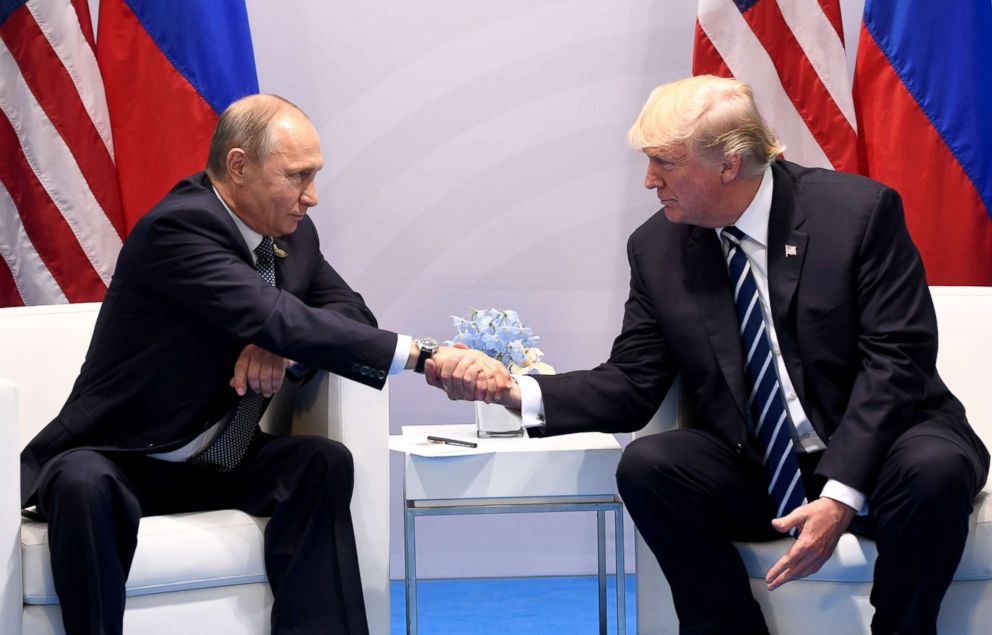
We live in a unipolar world in which Russian power is greatly inferior to that of the United States. Broadly speaking there is no longer a great ideological divide and our similarities are far more striking than our differences, though they do exist.
East and West embrace capitalistic systems of production and wealth creation. Our cultural reference points are strikingly similar.
Western movies play in Moscow theatres and homes. We eat similar food, play similar music, drive similar cars, and we go on the same holidays and have the same aspirations in life.
I first visited Moscow as a student in the 1980s. Wandering through the giant mall, Gum, the poverty of the Soviet system was apparent: the lack of basic goods we took for granted in the West and the endless lines for what little was available in government shops.
It was apparent that a dark and depressing pall had fallen across a dying system.
Today, Gum is a glitzy temple to Mammon. No doubt inaccessible to a vast majority of the country in the same way the goods in Harrods in London are out of range to most Britons, but it is a symbol of an acquisitive lifestyle and shared aspirations.
That said, we should be concerned about the deterioration in relations between East and West. We do not know where this will end and I cannot remember relations being worse since the end of the Cold War but we are not witnessing a rerun. Not yet.




